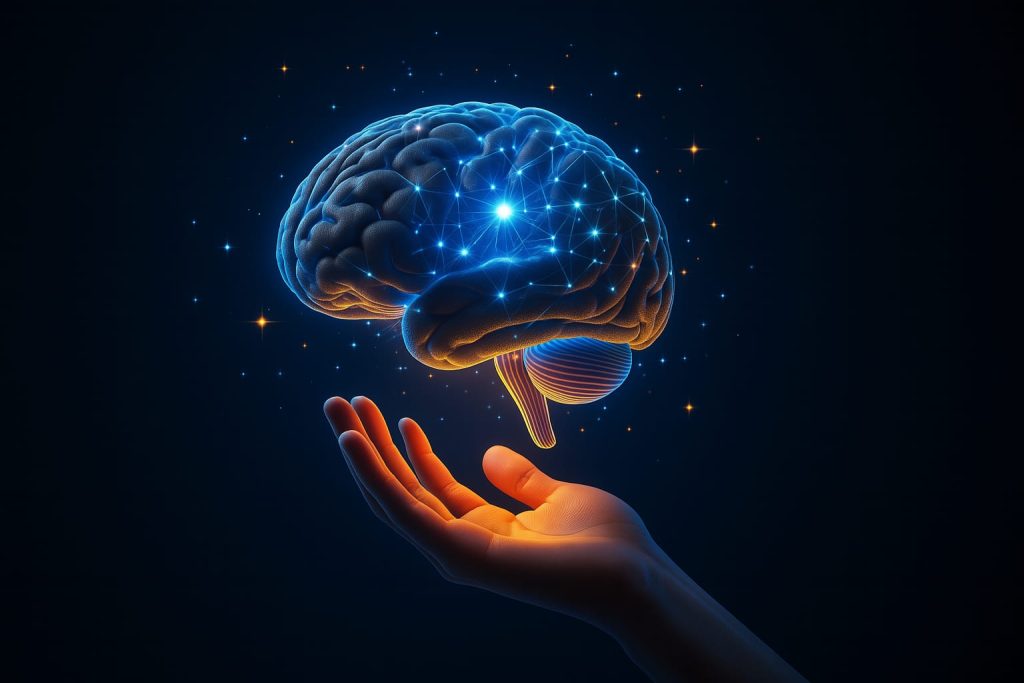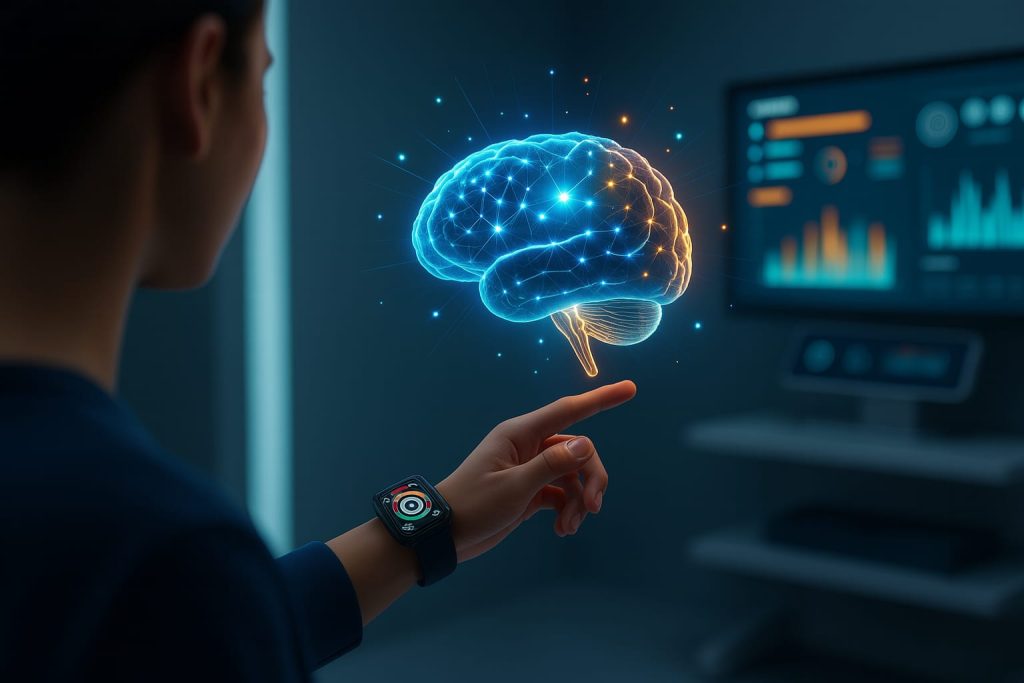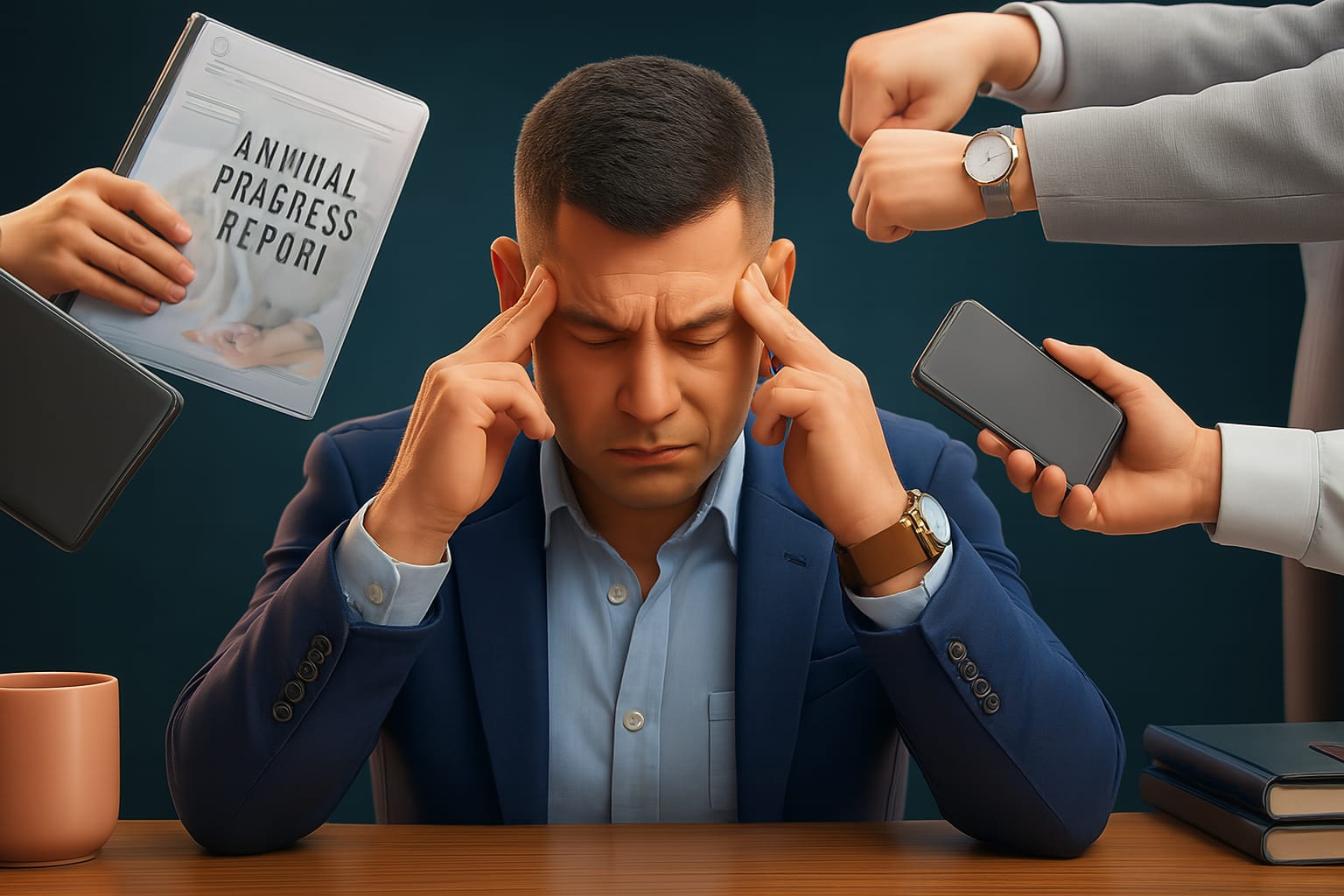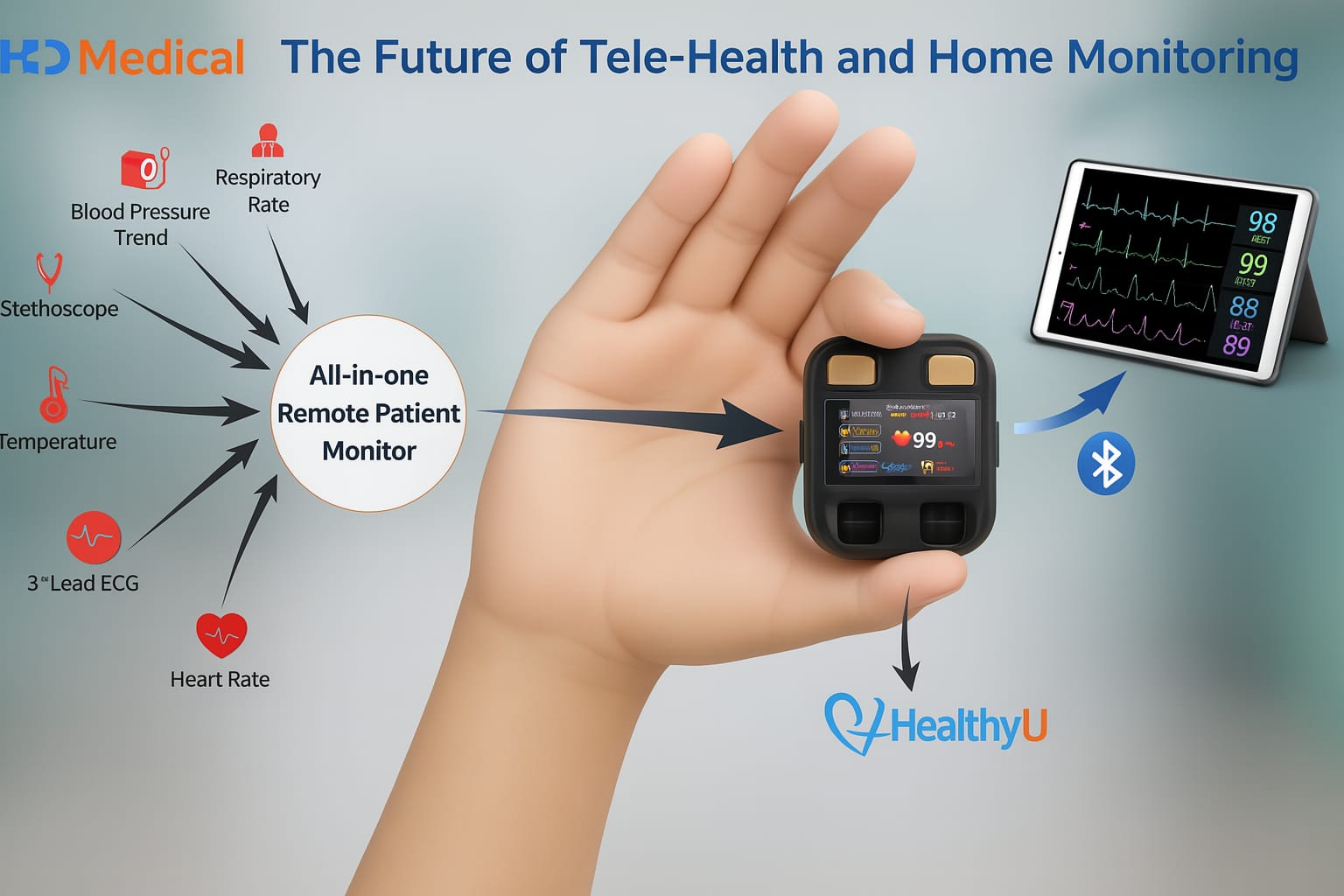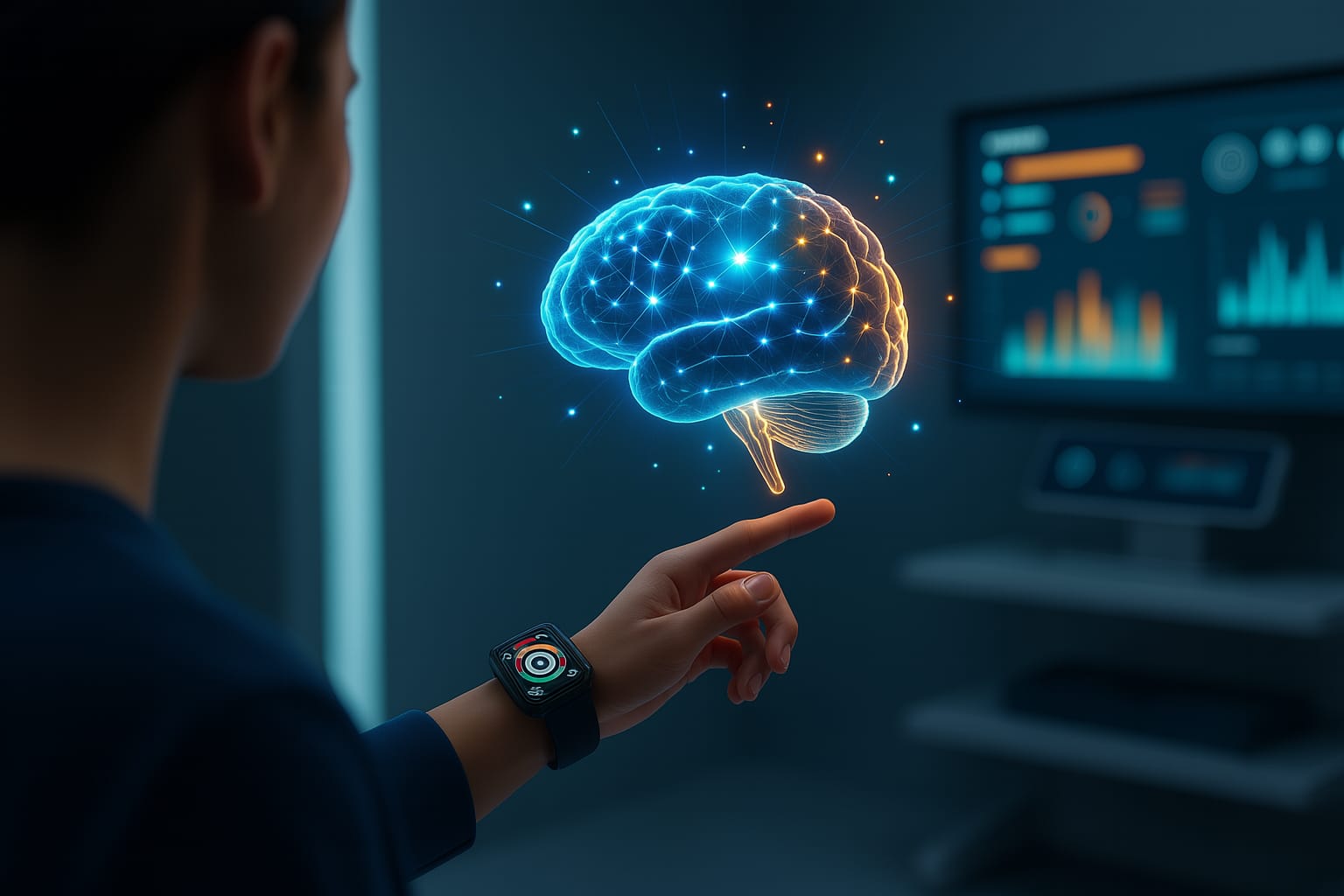The topic of mental health is now a major concern on societal levels. People of all ages worldwide are experiencing an increase in anxiety, depression, stress, and burnout. Why? Despite its effectiveness, traditional therapy is often costly, time-consuming, and not widely accessible. Modern technology is transforming the mental health app and AI-therapy tools that are responsible for supporting people’s mental well-being.
With the development of artificial intelligence, we now have digital therapy assistants, chatbots and wellness apps that offer instant support, mindfulness exercises, and personalized therapy sessions…. These apps are accessible at any time of the day, inexpensive, and offer a secure environment for users to enhance their emotional well-being. This blog will cover the latest trend of mental health apps, how AI is changing therapy, and the best AI mentalhealth tools to be found in 2025.
Why are mental health apps becoming more popular?
Mental health apps are gaining in popularity globally due to their affordability, accessibility, and ease of use. Listed below are some significant motives for people to adopt digital solutions:
24/7. Anytime, anywhere, anyone can access Therapy apps. They don’t have set working hours, unlike human therapists.
Affordableness: Many apps are available for free or at a lower cost than traditional therapy sessions.Raise your bar…
It provides privacy and anonymity, allowing users to seek help without fear of judgment or social bias.
AI can personalize coping mechanisms by analyzing the emotions and behaviors of users.
The convenience of a bookmarked appointment and travel made possible makes therapy affordable for you.
The reasons why millions of people worldwide now use apps to cope with stress, anxiety, and depression are due to these advantages.
The Effect of AI on Mental Health.
Artificial Intelligence is having a diverse impact on mental health care.? Rather than taking over therapy duties, AI empowers users to manage their daily needs. Taking an account of how AI can improve mental health:
Mood Analysis is an artificial intelligence tool that helps in recording mood patterns through journaling and conversations.
When stress is high, AI can recommend breathing exercises, meditation, or mindfulness as the most effective ways to cope.
Many apps are developed using CBT techniques, which assist users in identifying negative mindsets and altering their perspective.
Sleep and Stress Tracking is possible through the use of AI that can track sleep cycles, stress levels, and physical activity using wearables.
AI uses time to learn about user behavior and provide personalized recommendations through Personalized Therapy.
Global reports indicate that searches for “AI therapy apps” and “mental health chatbot” have increased significantly in 2024 and 210, respectively, indicating a growing interest in intelligent digital solutions.
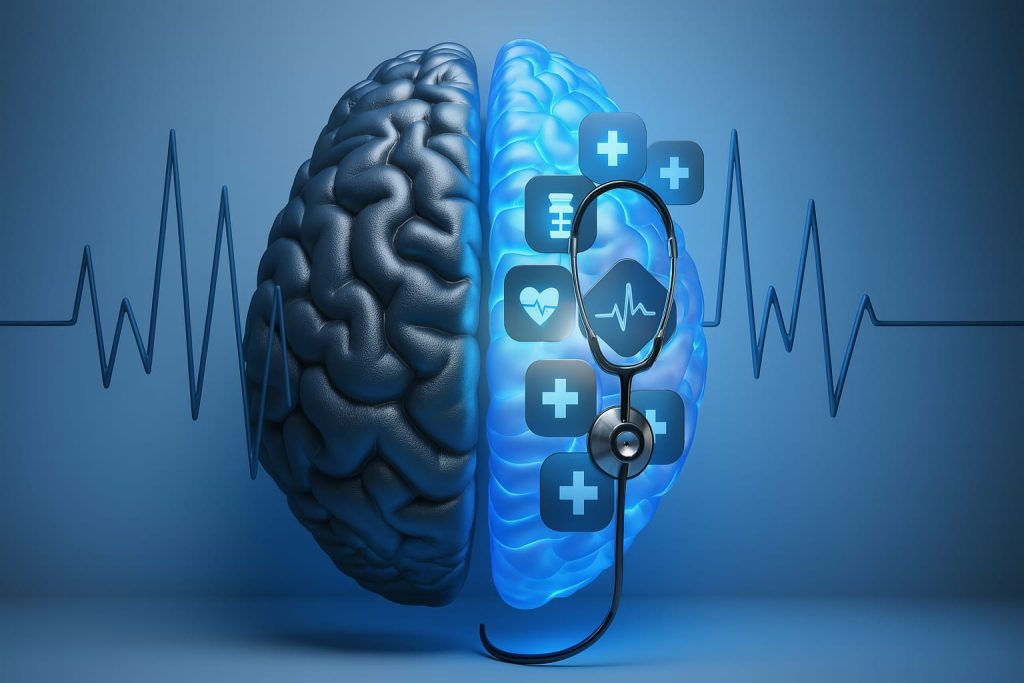
Top 10. Mental Health Apps and AI Therapy Tools to be 2025
1- Woebot
The mental health AI chatbot Woebot is widely. It employs CBT techniques and engages users in discussions that can reduce stress, anxiety, and depression using evidence-based methods.
2- Wysa
More than 500 guided sessions have been developed using an AI-powered app called Wysa. This incorporates meditation, journaling andcoping techniques.. A lot of therapists suggest it as an emotional support companion for daily activities.
3- Replika
An AI ally known as Replika provides emotional support. The platform facilitates free and open dialogue, aimed at alleviating feelings of isolation while also increasing self-esteem.
4- Headspace
Mindfulness and meditation are renowned in the vicinity of Headspace. By 2025, it had integrated AI to suggest personalized breathing exercises and stress-related guided meditation.
5- BetterHelp (AI-Enhanced)
The BetterHelp system facilitates access to licensed therapists online.’ The AI feature connects individuals with the most suitable therapist who fits their preferences.
6- Talkspace AI Assistant
Access to AI-powered therapeutic interventions at a low cost. Through the use of AI, users can track their emotional state and receive self-care reminders during live therapy sessions.
7- Calm
Calm is a popular sleep and meditation app that has gained significant popularity. Adapted to user habits, the latest AI features generate personalized sleep stories and stress-relief practices.
8- Youper
AI, CBT, and emotional monitoring are all integrated into Youper. It aids users in developing self-awareness and managing symptoms like social anxiety and mild depression.
9- MindDoc
Psychologists developed MindDoc with the aim of monitoring user sentiments and offering insights. This is especially useful in early detection of depression and anxiety.’
10- Koko AI
Koko AI is an experimental therapy tool that connects people through peer-support networks.. The use of AI enables secure and supportive communication while maintaining user privacy.
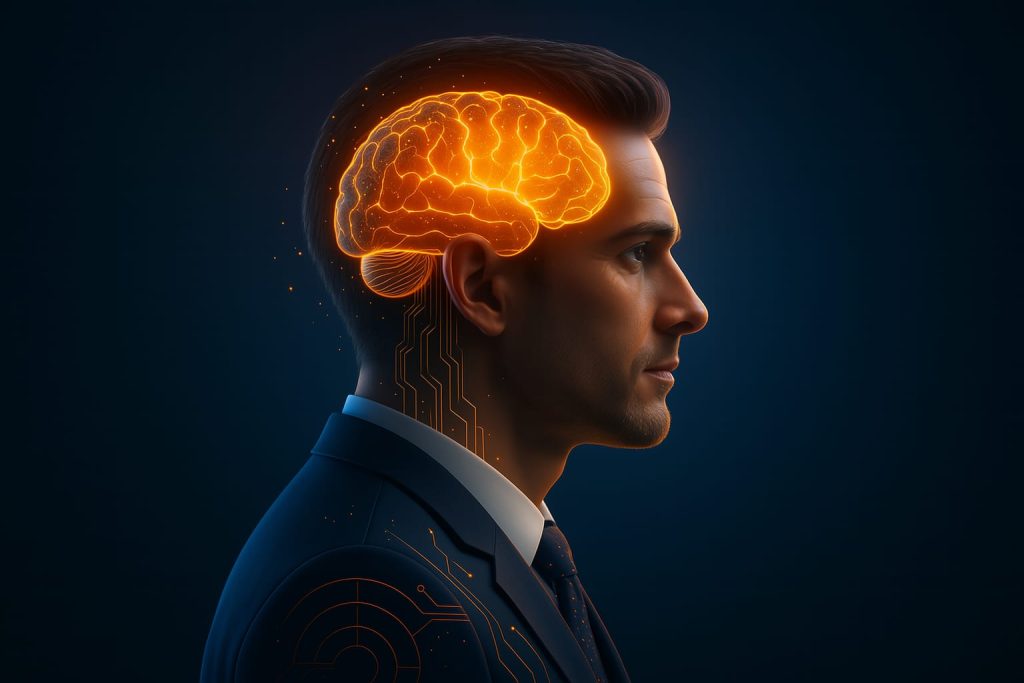
Benefits of AI Therapy Tools
AI therapy tools provide several important benefits:
Compared to professional therapy, the majority of apps are either free or available at a low cost.
Early Detection: Apps that can detect mental health issues before they become serious….
By using them in tandem, it is possible to treat millions of people at once, unlike one-on-one sessions.
App Store International: A lot of apps are designed to work in multiple languages..
Integration with fitness apps and wearables enables them to offer both mental and physical health at once.
Prohibitions for AI Mental Health Apps?
However, AI therapy tools have some limitations:
Humane empathy: A lack of human empathy – AI is not an emotional psychotherapist. Why?
Individuals with severe mental health conditions require professional care….
Protecting sensitive user data is necessary due to data privacy concerns.
The scientific evidence for certain apps may be lacking.
How will AI in Mental Health evolve in the future?
There is a bright future for AI in mental health care. In the following decade, experts anticipate that:
Wearables will be paired with AI apps to monitor stress in real time.’
AI assistants will be better equipped to anticipate mental health crises.
More apps to ensure they are safe and accurate.
Through data analysis, AI’ll can provide therapists with more insights.
By utilizing AI-powered digital support in conjunction with human therapy, mental health care today will be more accessible, affordable, and personalized.
Conclusion.
The wellness industry is experiencing a revolution due to the popularity of mental health apps and AI therapy tools. Providing 24-hour support, they minimize stigma and provide cost-effective solutions for stress/anxiety as well as depression. Though they do not substitute for professional therapy, they serve as effective partners in daily mental health care.
